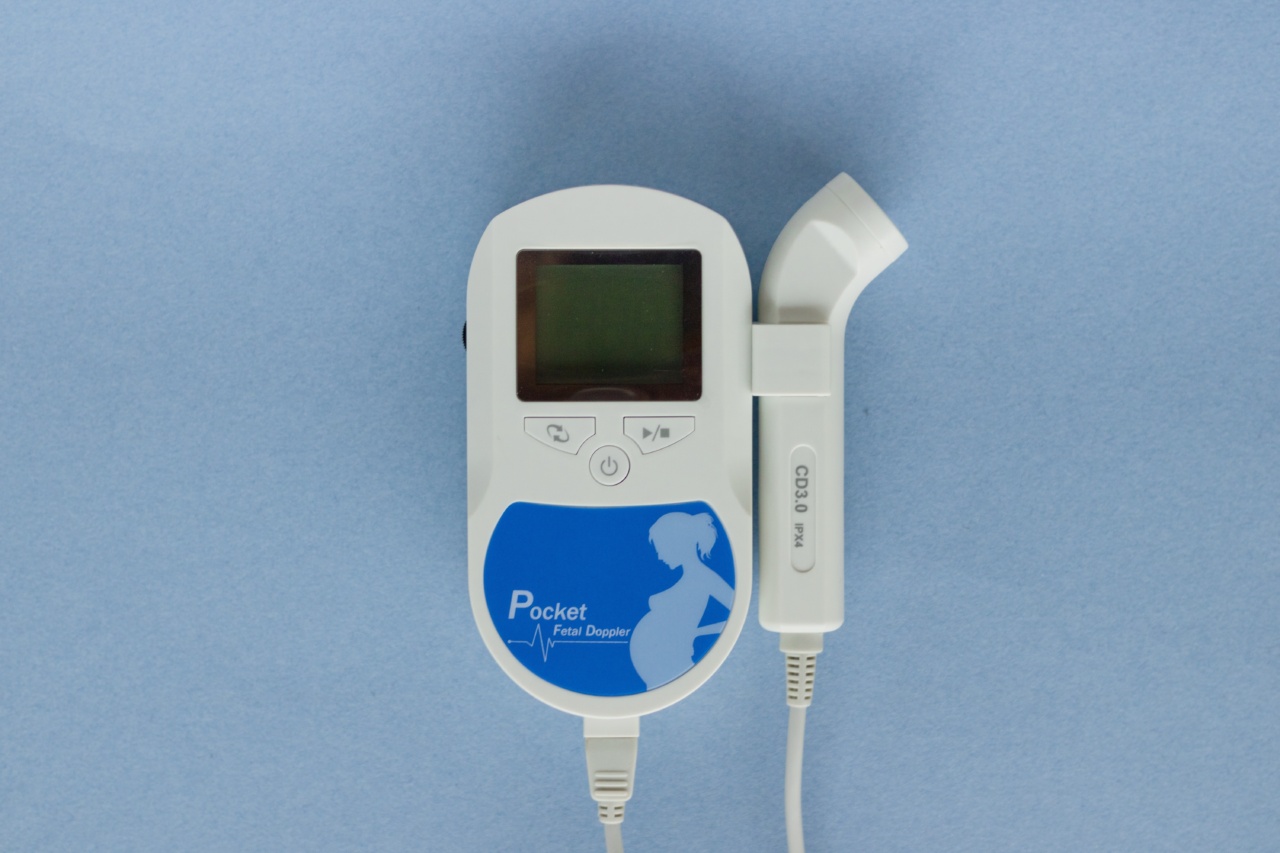When expecting a child, it is crucial to consider how various factors might affect the healthy growth and development of the fetus.
One of the most significant concerns in recent years has been the impact of plastics on fetal development during pregnancy. In this article, we will explore the various ways in which plastics can affect fetal development and what actions expecting mothers can take to safeguard themselves and their children.
Bisphenol A (BPA)
Bisphenol A (BPA) is a chemical that has been used in the production of plastic products and is commonly found in water bottles, food containers, and other packaging materials. BPA can affect fetal development due to its endocrine-disrupting properties.
Studies have shown that BPA exposure during pregnancy can lead to developmental defects, impaired fetal growth, and even adverse neurodevelopmental outcomes. Expecting mothers should avoid products that contain BPA and opt for alternative materials, such as glass or stainless steel.
Phthalates
Phthalates are another type of chemical used in the manufacturing of plastics and are commonly found in products such as toys, shower curtains, and food packaging.
These chemicals can disrupt hormones and affect fetal development, leading to potential adverse effects such as asthma, obesity, and even genital birth defects. Pregnant women are advised to avoid products containing phthalates and choose natural alternatives whenever possible.
Polyvinyl Chloride (PVC)
Polyvinyl Chloride (PVC) is a type of plastic that is used in various applications, including pipes, vinyl flooring, and toys. Like BPA and phthalates, PVC contains chemicals that can be harmful to fetal development.
Studies have shown that exposure to PVC during pregnancy can lead to low birth weight and developmental delays. Expecting mothers should avoid products made from PVC and opt for safer alternatives.
How to Limit Exposure to Plastics During Pregnancy
It can be challenging to entirely avoid plastics in our daily lives. However, there are steps that expecting mothers can take to limit their exposure to harmful chemicals during pregnancy:.
- Avoid products containing BPA, phthalates, and PVC
- Opt for natural alternatives such as glass, stainless steel, and organic fabrics
- Avoid microwaving food in plastic containers to prevent the release of chemicals
- Choose fresh foods over processed foods, which are more likely to contain chemicals from packaging
Conclusion
During pregnancy, it is essential to take proactive steps to safeguard the health and well-being of both the mother and the developing fetus.
While plastics are ubiquitous in our daily lives, they can have a significant impact on fetal development and should be approached with caution. By avoiding products containing harmful chemicals such as BPA, phthalates, and PVC, expecting mothers can help ensure the best possible outcome for themselves and their children.

























